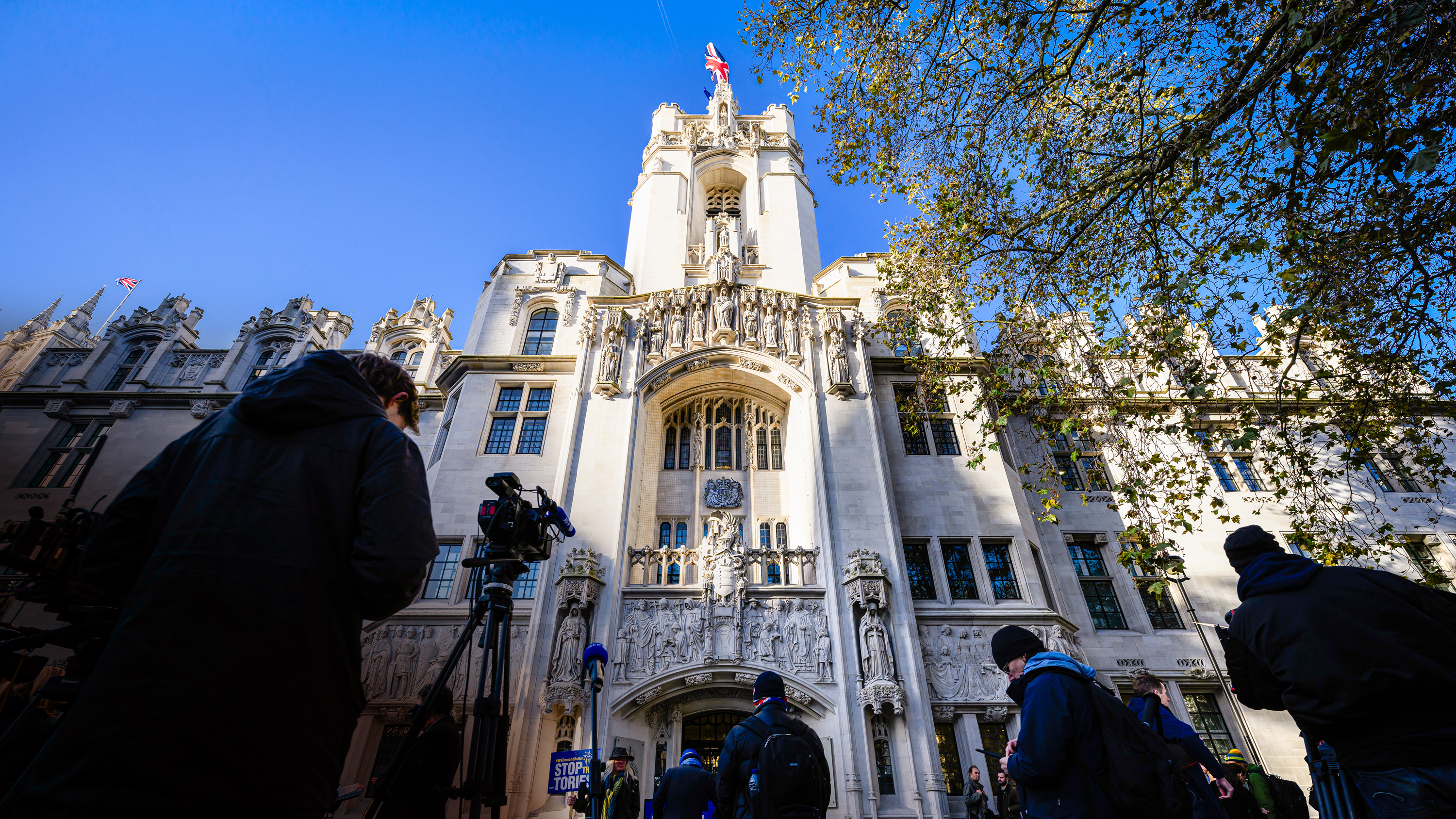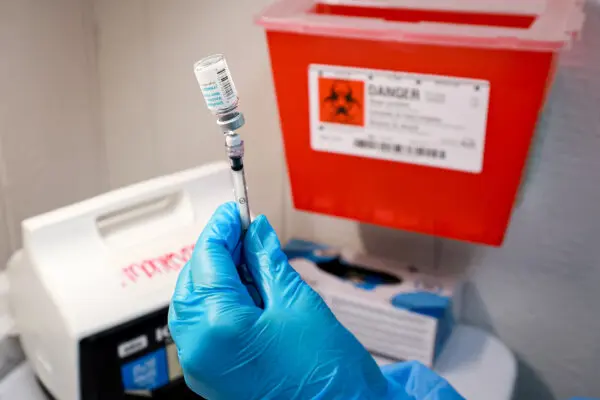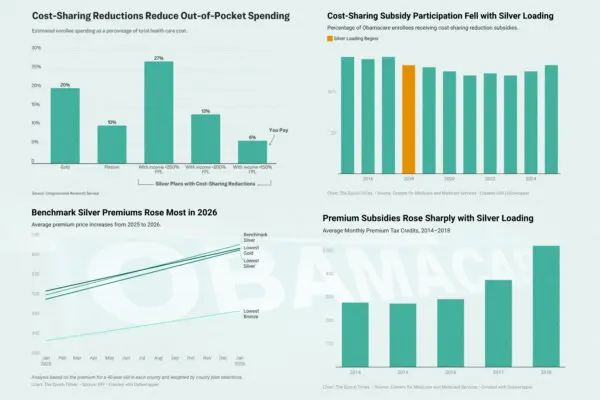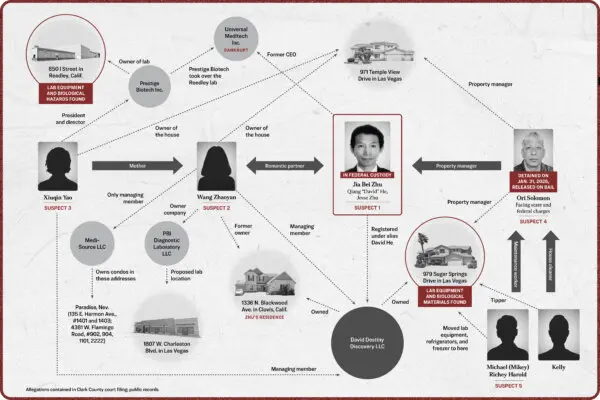In a landmark decision that follows years of confusion, anger, and campaigning, the UK’s highest court has ruled that the words “woman” and “sex” refer to “a biological woman and biological sex.”
The case sought to clarify the question of whether a person who holds an official certificate recognizing that individual’s gender as female is entitled to women’s rights protections under the law.











